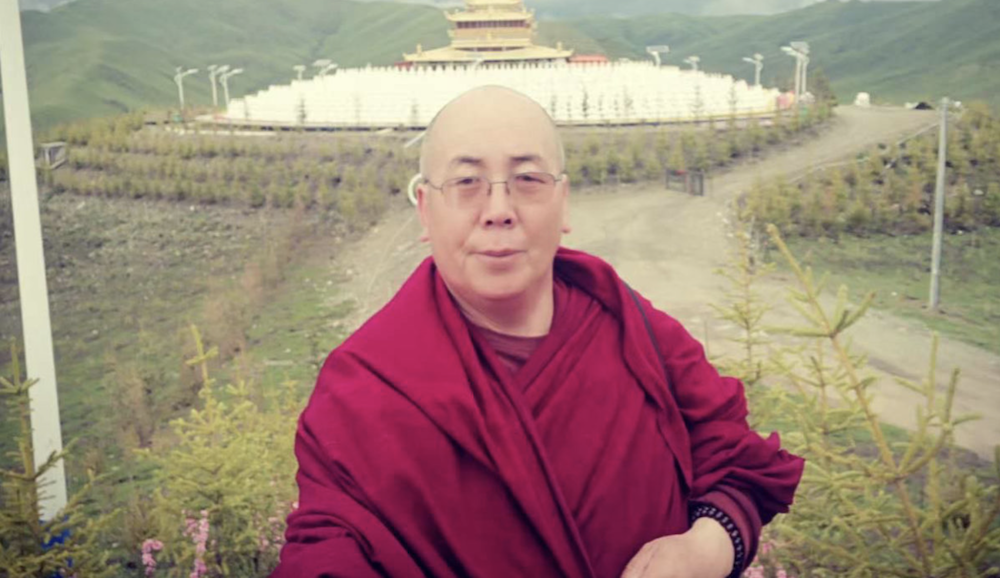Dharamsala, December 14: US Secretary of State Hillary Clinton outlined a pragmatic stance on human rights in China and Russia, saying it is sometimes better to raise problems with them “behind closed doors.”
“Principled pragmatism informs our approach on human rights, informs our approach with all countries but particularly with key countries like China and Russia,” AFP quoted Clinton as saying in a speech on the Obama administration’s human rights agenda.
“Cooperation with each of those is critical to the health of the global economy and the non-proliferation agenda we seek, also to managing security issues like North Korea and Iran, and addressing global problems like climate change,” Clinton said.
“The United States seeks positive relationships with China and Russia,” the chief US diplomat said, adding Washington will engage in “candid discussions” with these countries.
“In China, we call for protection of rights of minorities in Tibet and Xinjiang,” she said.
The United States also pushes for the right of people in China to “express oneself and worship freely” as well as for civil society and religious groups to advance their causes within a legal framework, she added.
“With China, Russia, and others, we are engaging on issues of mutual interest while also engaging societal actors in these same countries who are working to advance human rights and democracy,” she said.
Even though she promised the United States would have “candid conversations” with Beijing and Moscow, she suggested other countries would be more likely to be subjected to public exposure.
“Sometimes, we will have the most impact by publicly denouncing a government action, like the coup in Honduras or violence in Guinea,” Clinton said.
“Other times, we will be more likely to help the oppressed by engaging in tough negotiations behind closed doors, like pressing China and Russia as part of our broader agenda,” Clinton said.
“In every instance, our aim will be to make a difference, not to prove a point,” she said.
Traveling to China in February, Clinton angered human rights activists when she vowed not to let human rights block progress on the global economic crisis, climate change and security.
T. Kumar, Amnesty USA’s advocacy director for Asia and the Pacific, said his organization welcomed Clinton’s human rights speech, but added it was also “taken aback” with the low-profile approach.
“We want to ensure that closed-door negotiations are complemented by public pressure,” Kumar told AFP.
If Washington doesn’t stand up to them, nobody else will, he warned.









